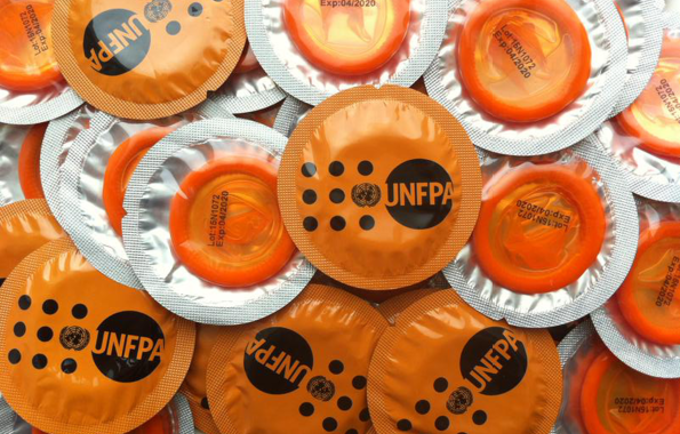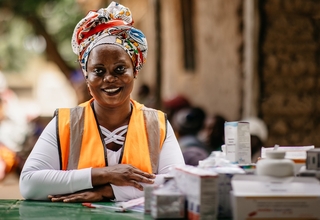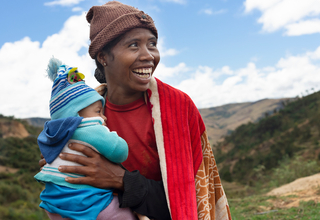UNITED NATIONS, New York - Increasing investments in procuring and distributing male condoms provides a significant economic returns for countries with scarce resources, a new study finds. The study, written by experts from UNFPA, the United Nations Population Fund, and Avenir Health, shows that, in addition to meeting a human right, additional funding for male condoms is a smart investment.
Male condom use not only helps with family planning and the prevention of HIV and sexually transmitted infections (STIs), but if enough provided to fulfill the unmet needs by 2030, millions of people will be saved from infections and early deaths.
The study, “The case for investing in male condoms”, published by PLOS ONE, is the first of its kind that quantifies the investment costs and the returns of the positive health impact male condom use offers to prevent unintended pregnancies and the spread of HIV and STIs.
An additional investment of $27.5 billion in male condoms in 81 high-burden countries by 2030 would meet all unmet demands for family planning, as part of a package of contraceptives, and 90 per cent of the condom needs for HIV and STI prevention among high-risk groups. This could prevent 700 million STIs, 17 million HIV infections and 420 million unintended pregnancies.
While male and female condoms are the only combined protection methods against unintended pregnancies and STIs at the same time, global funding levels for these commodities and related services, such as information on use and counselling, are stagnant or falling. The study is available for download here.
For more information or media inquiries, please contact:
Lothar Mikulla, +1 212 297 2629, mikulla@unfpa.org




